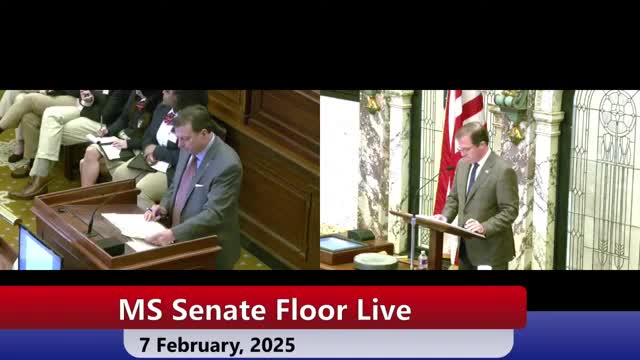Article not found
This article is no longer available. But don't worry—we've gathered other articles that discuss the same topic.
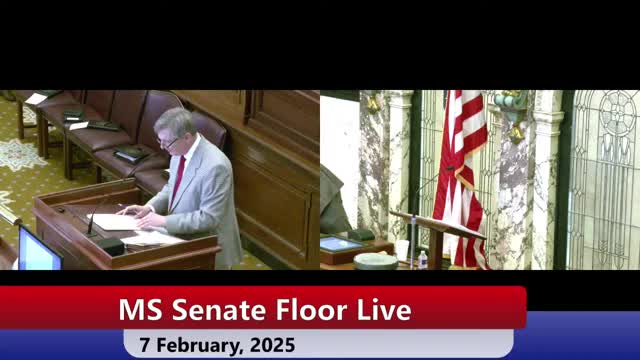
Senate committee substitute seeks broad new tools to limit camping, solicitations and encampments; debate centers on services and enforcement
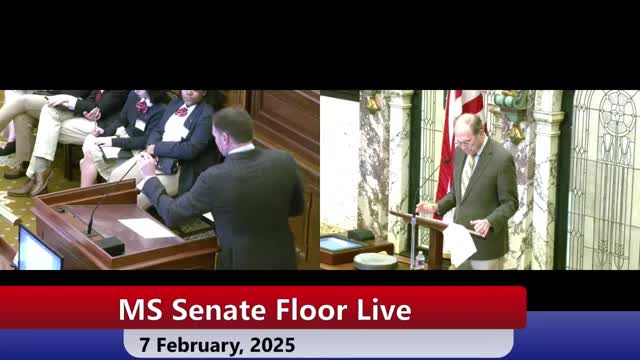
Senate raises per-grant cap for small municipality and limited-population county grants
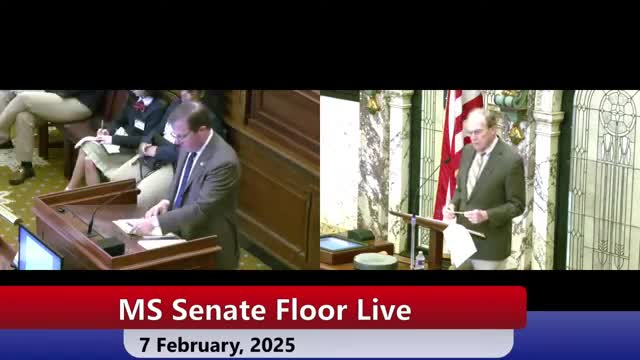
Senate increases investment thresholds for resort tourism rebate program
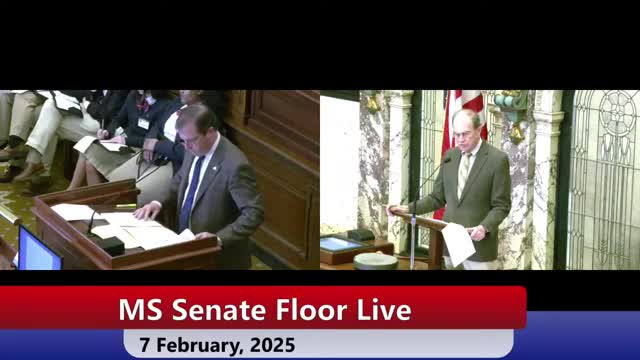
Senate approves bill to create state directory of certified electronic smoking devices
